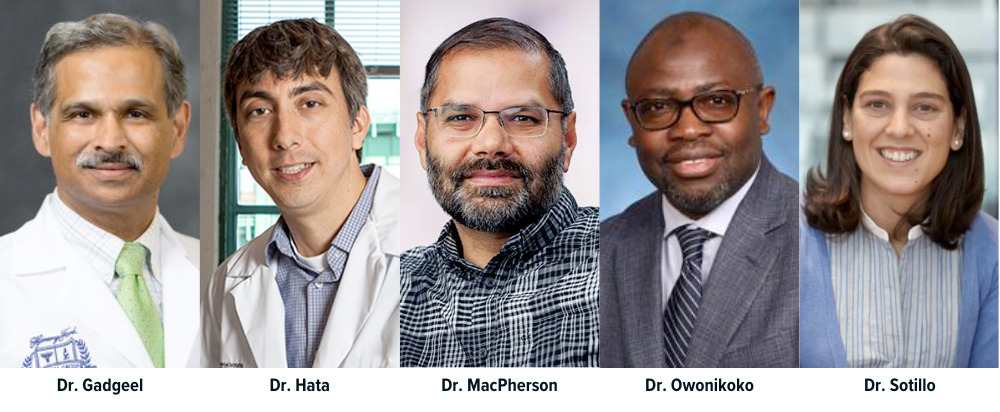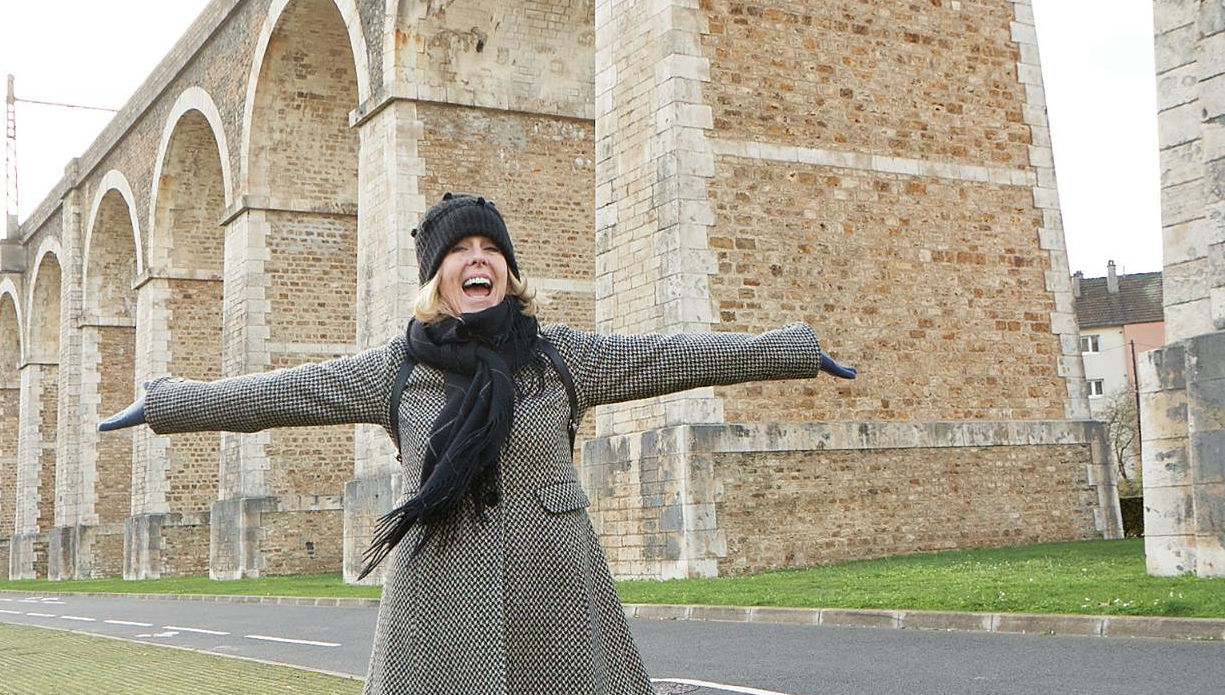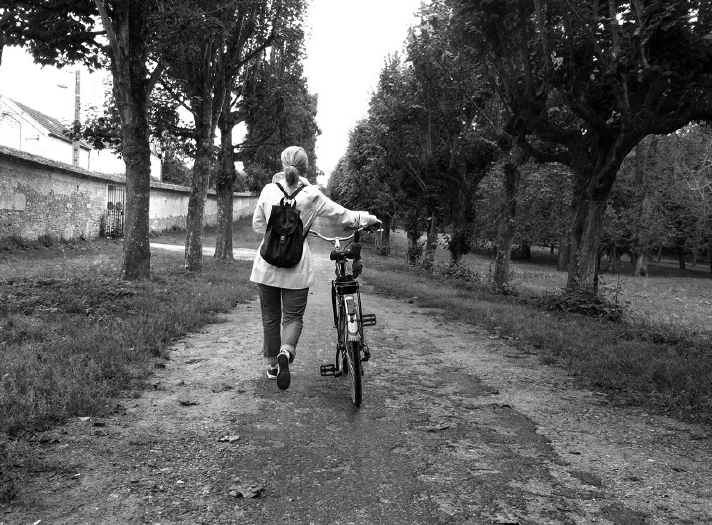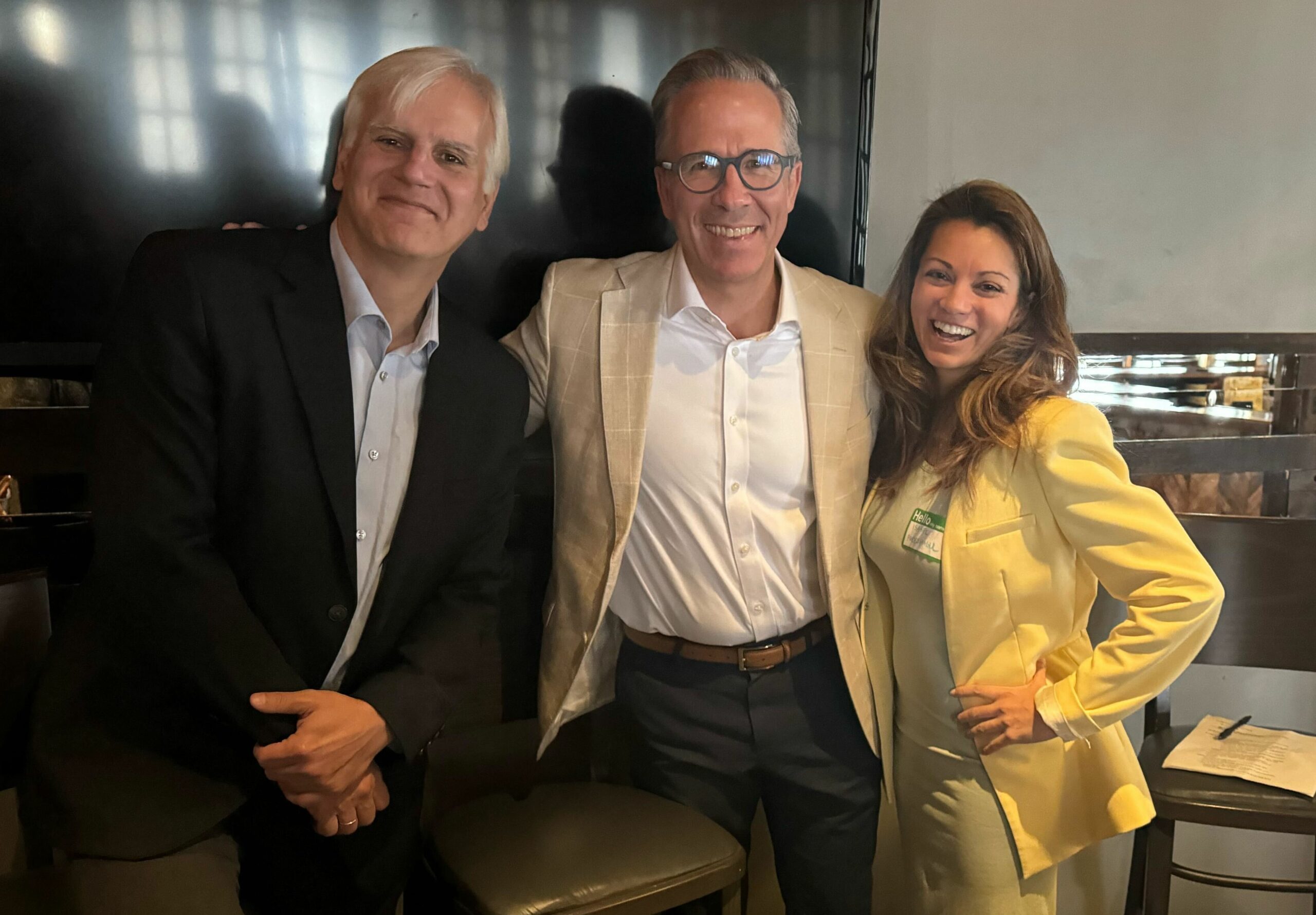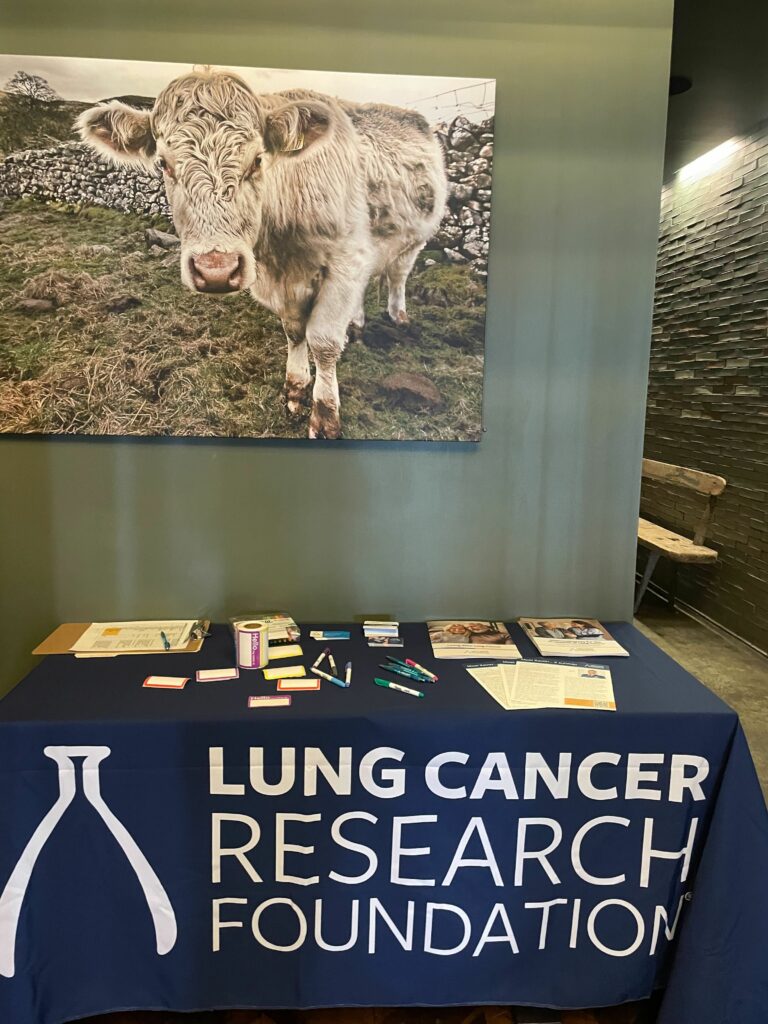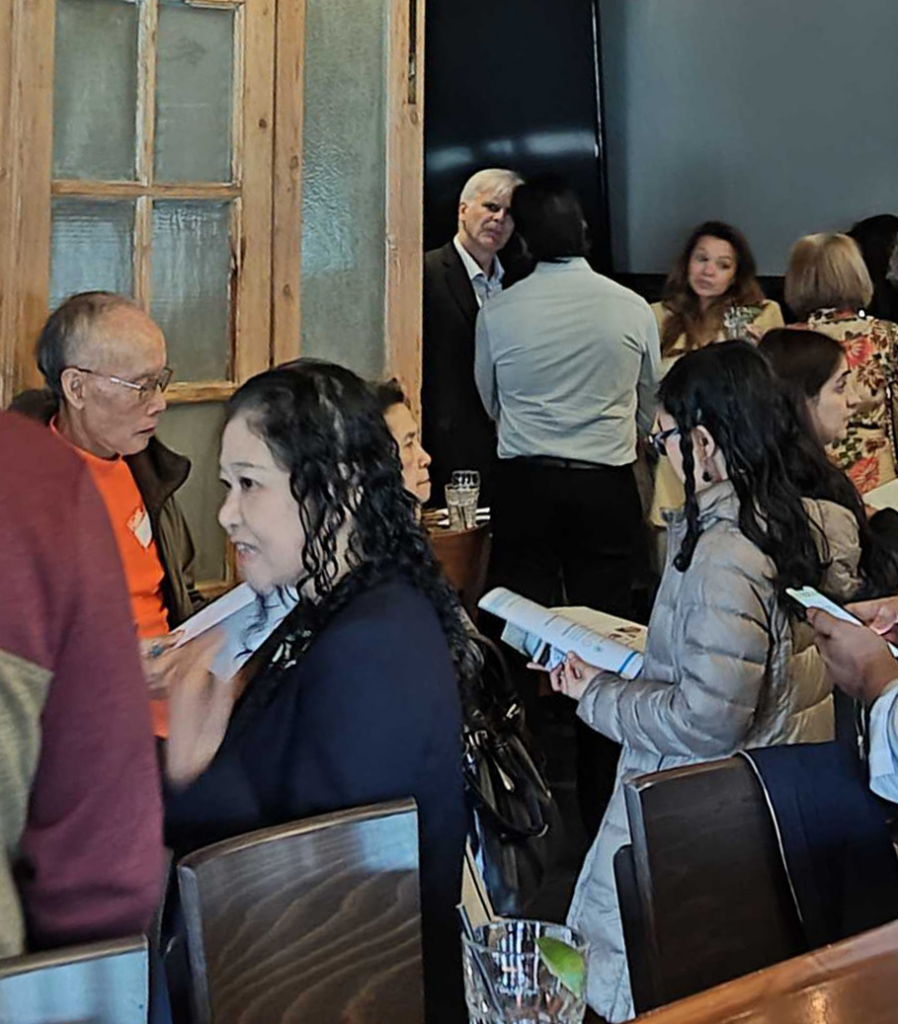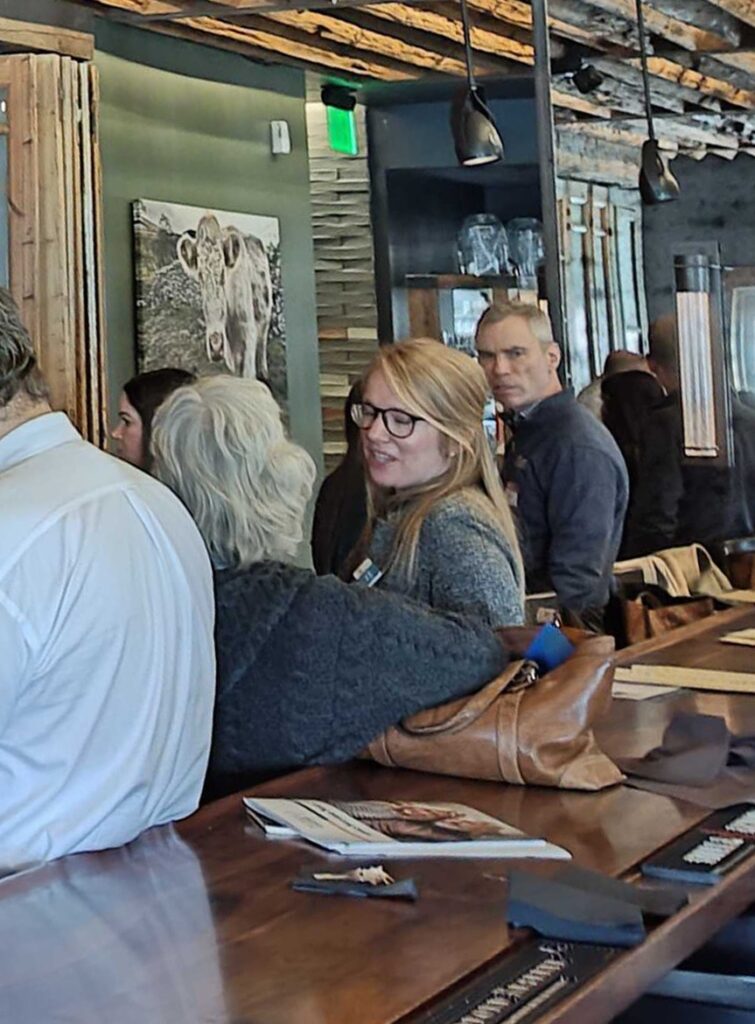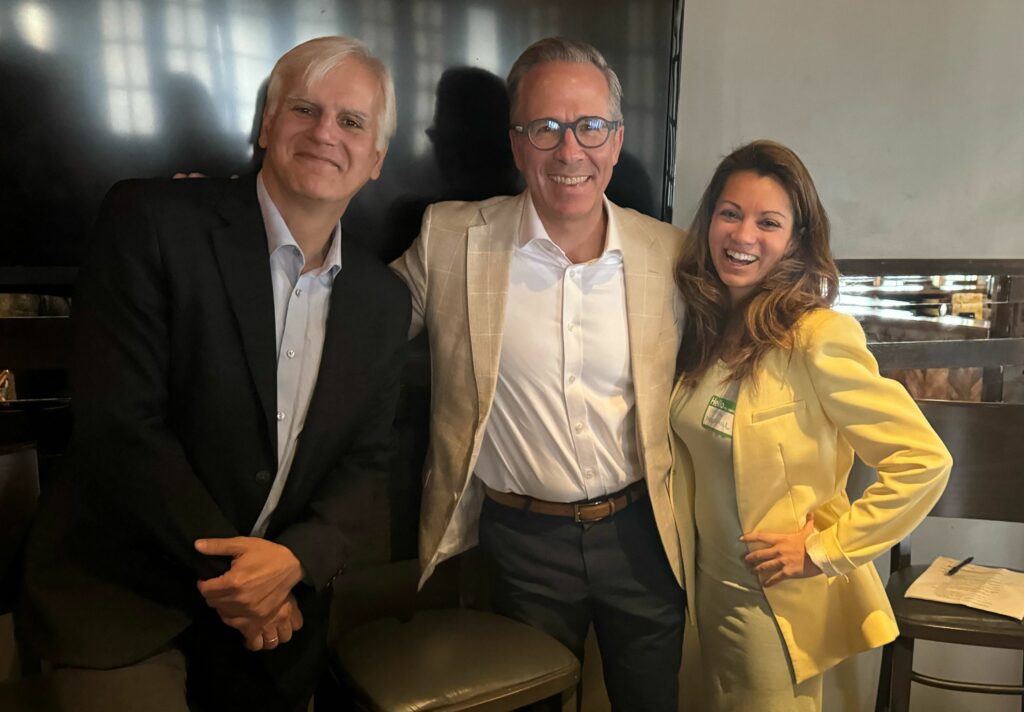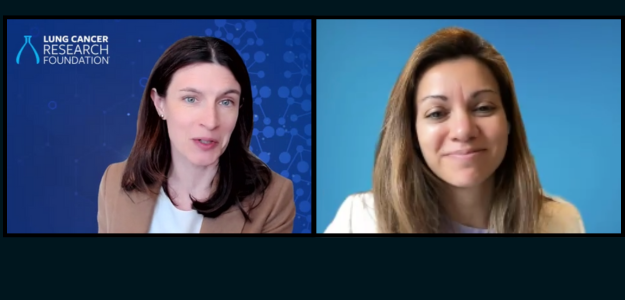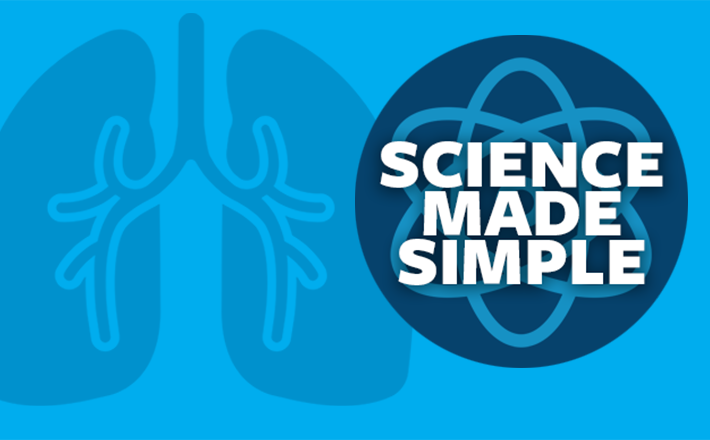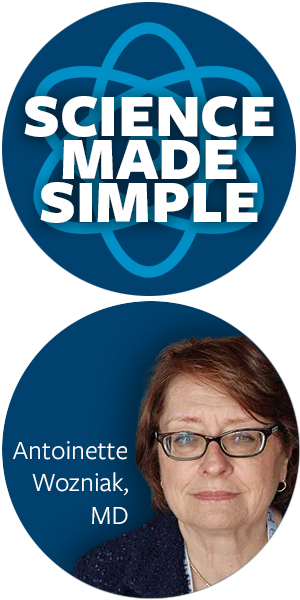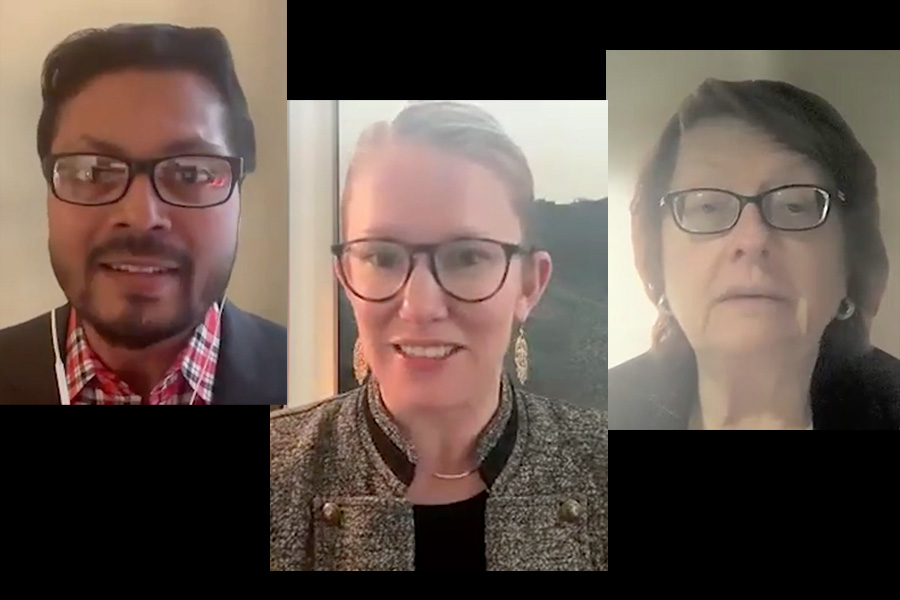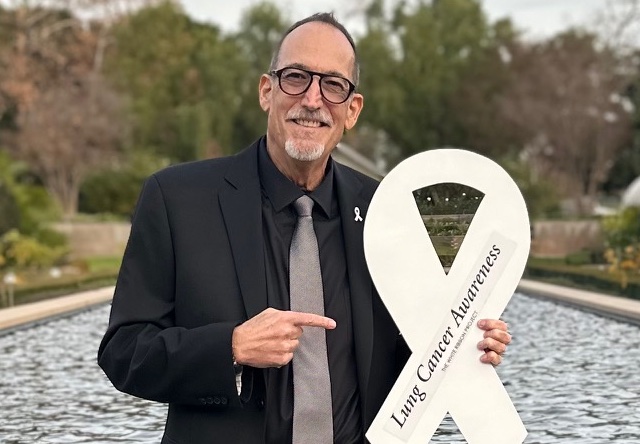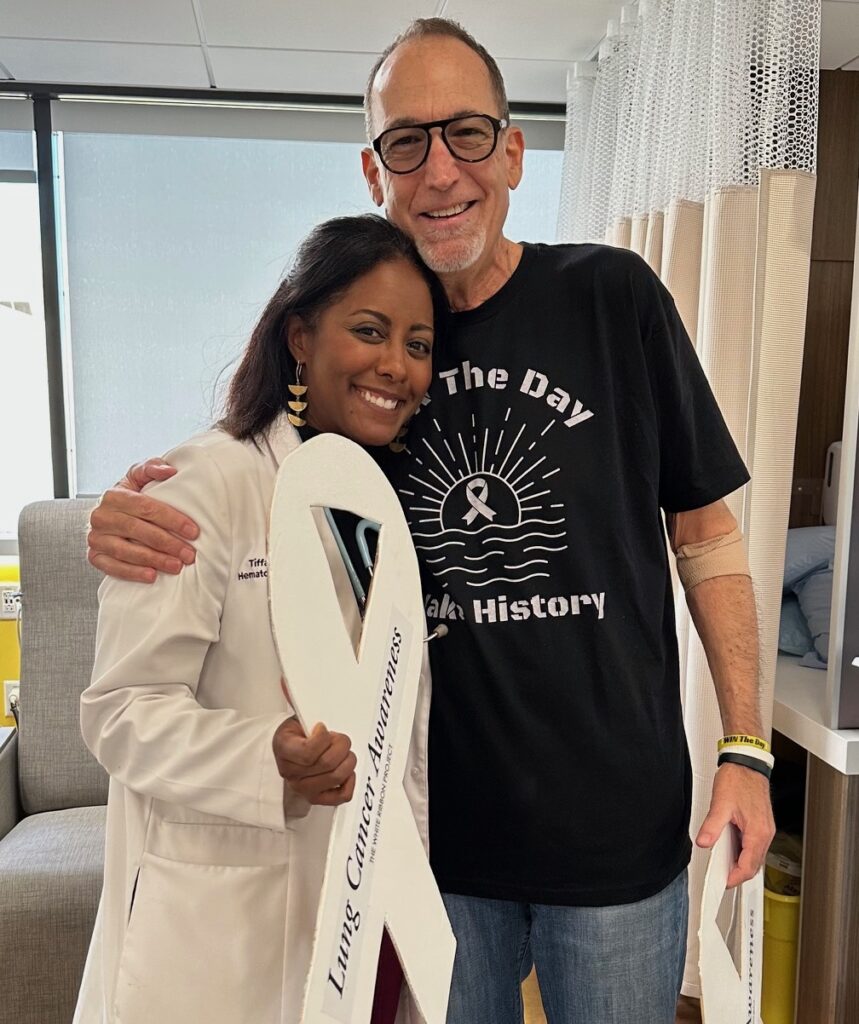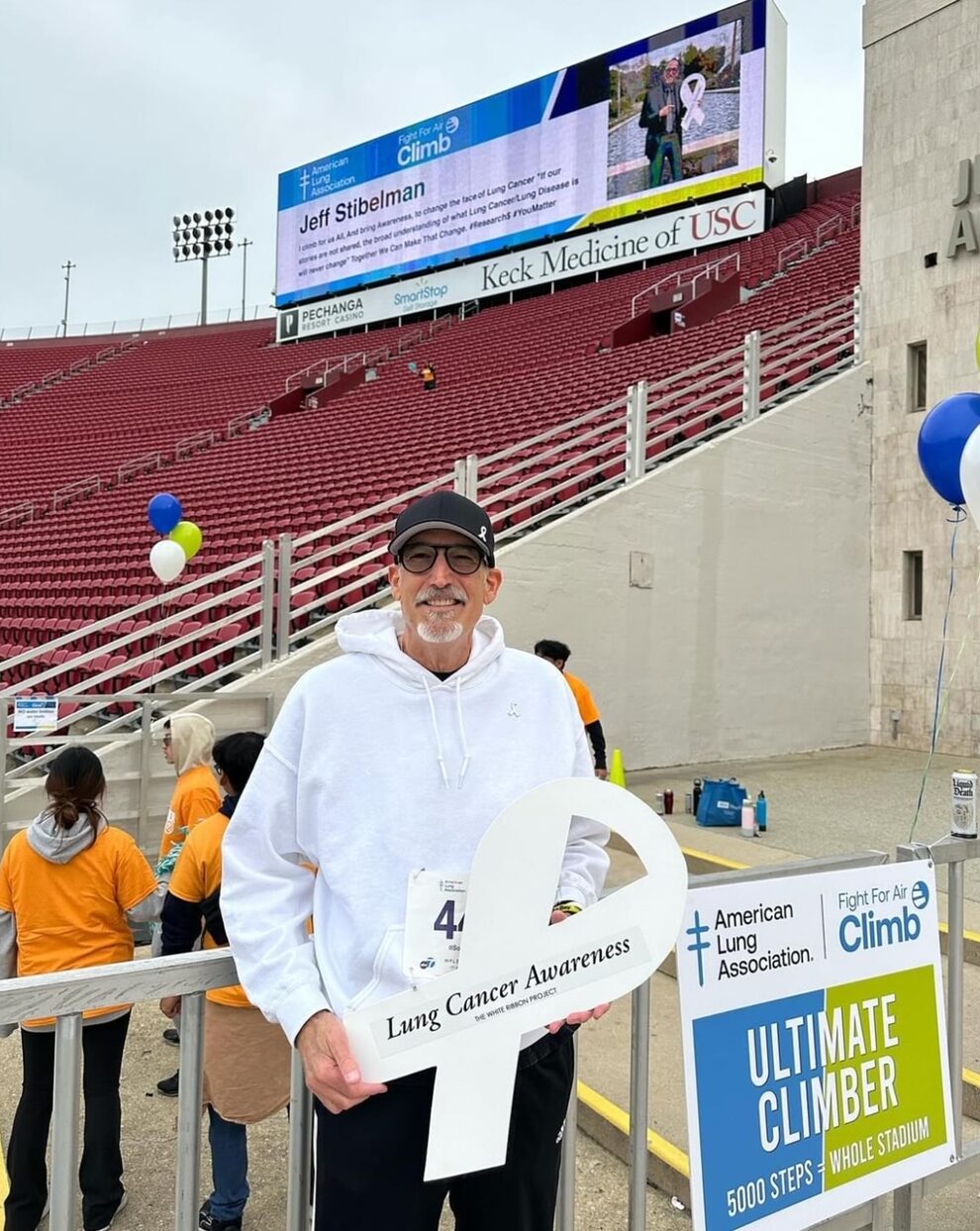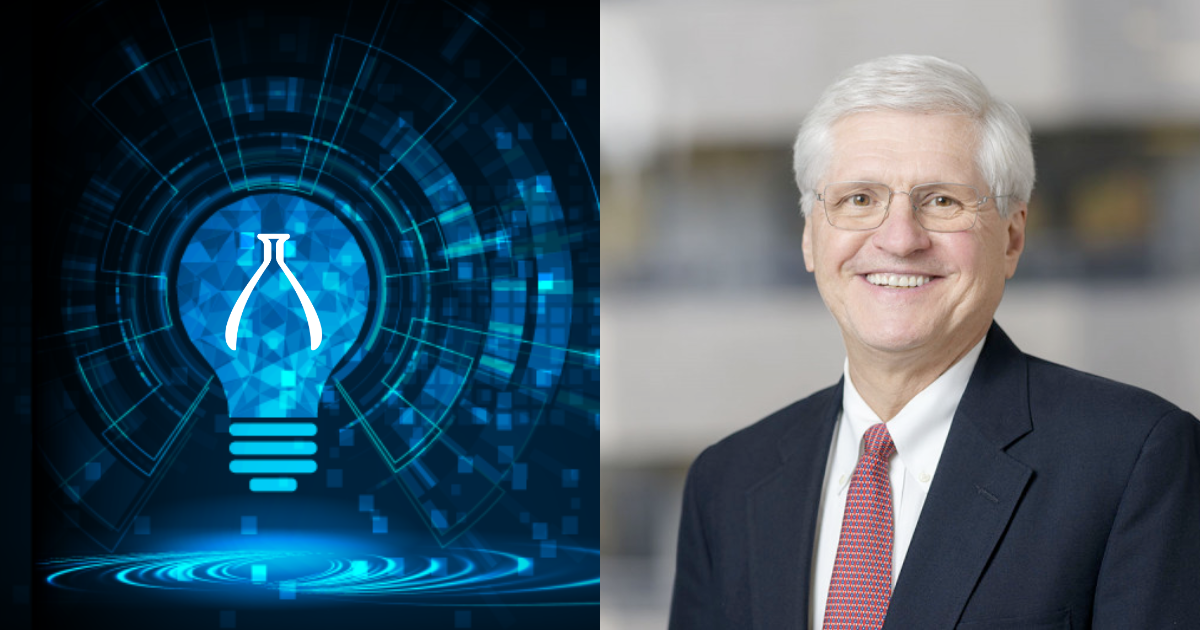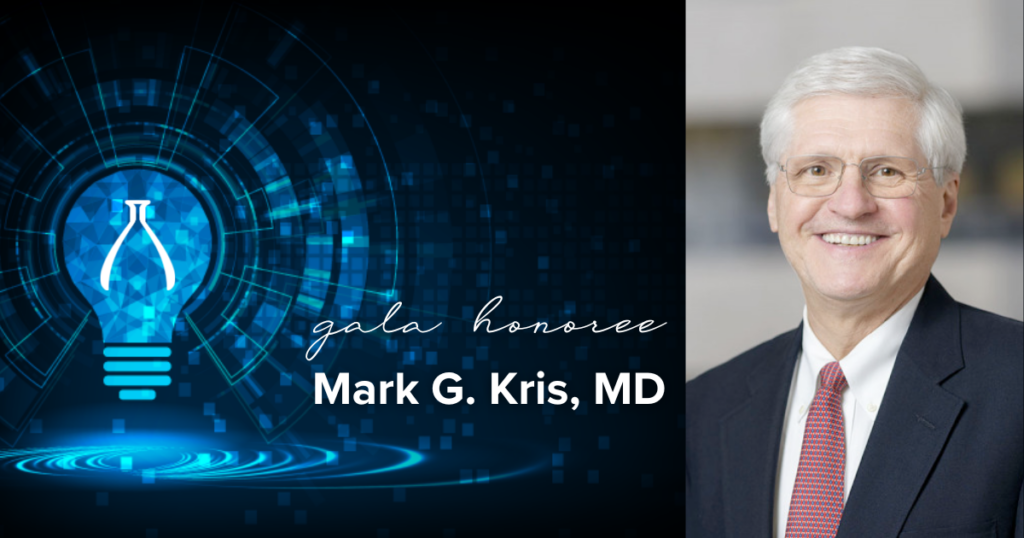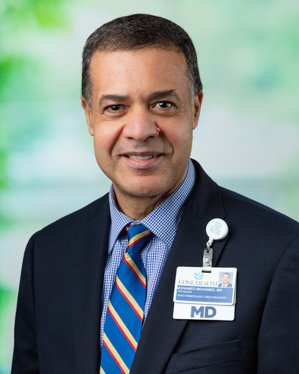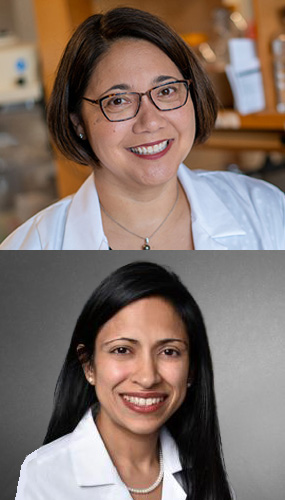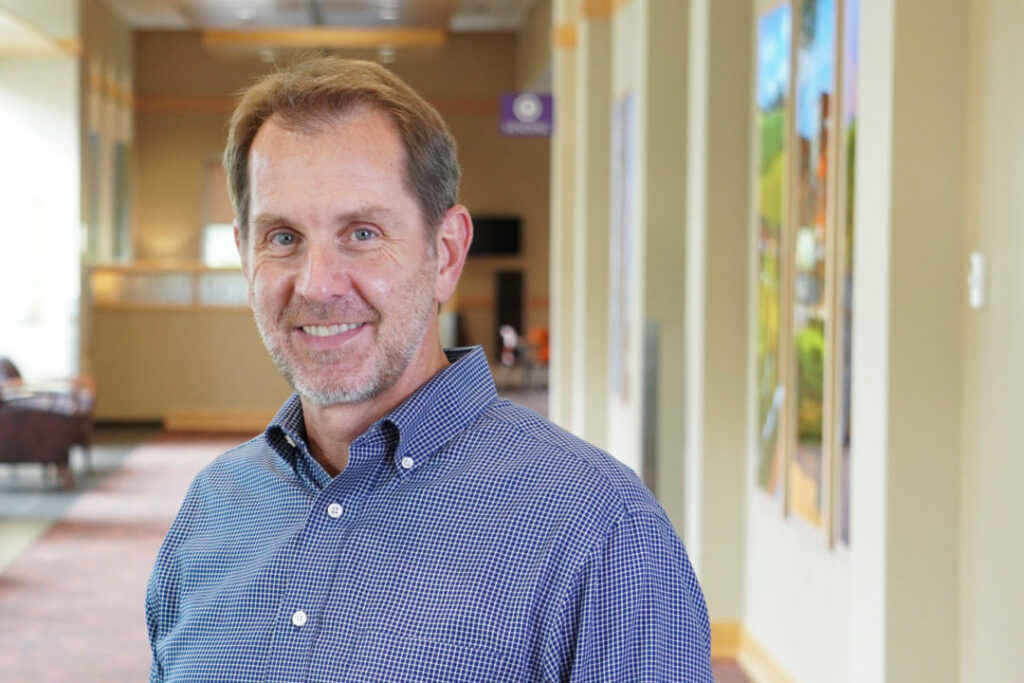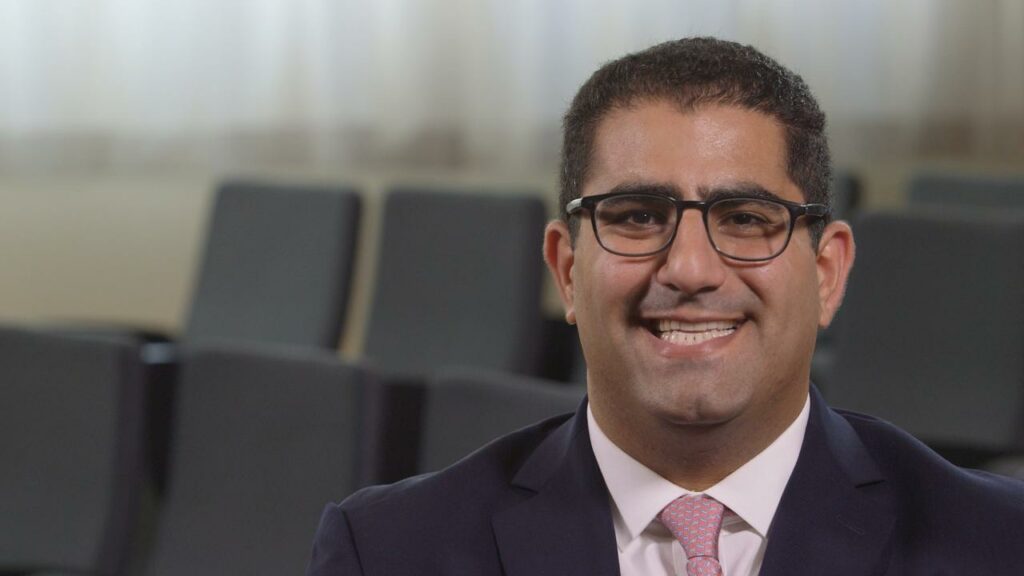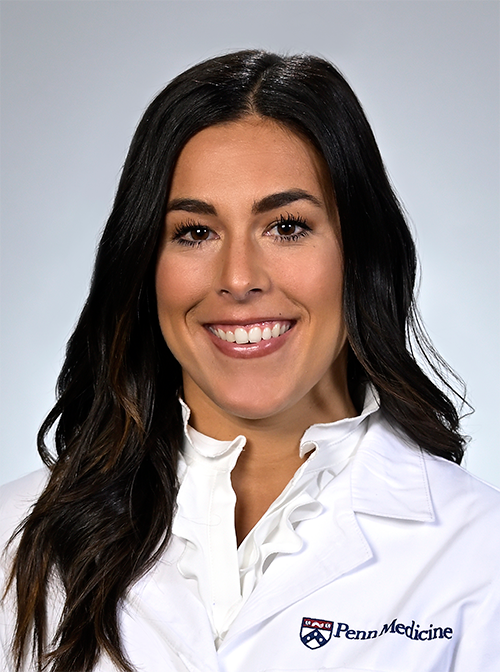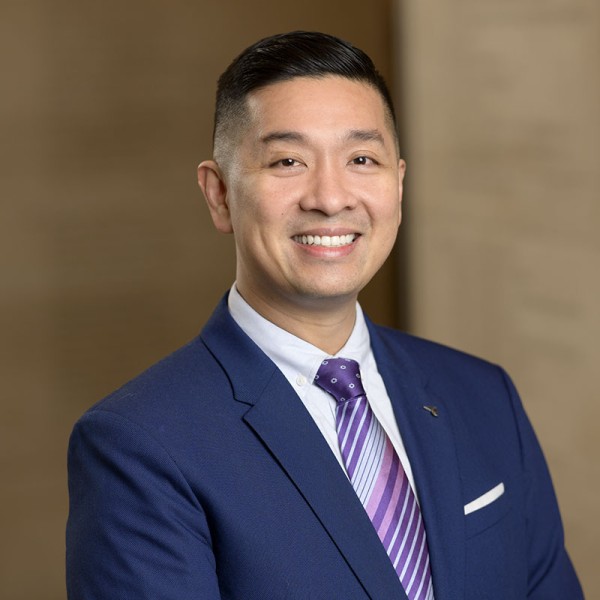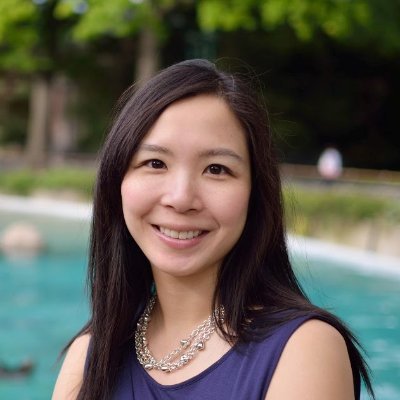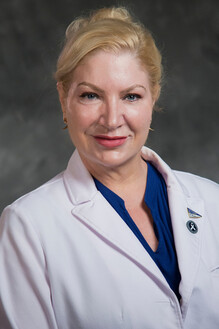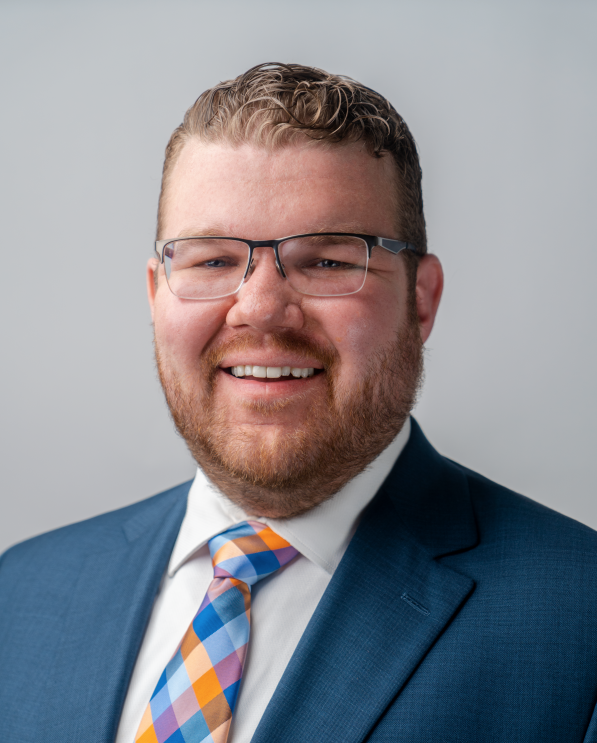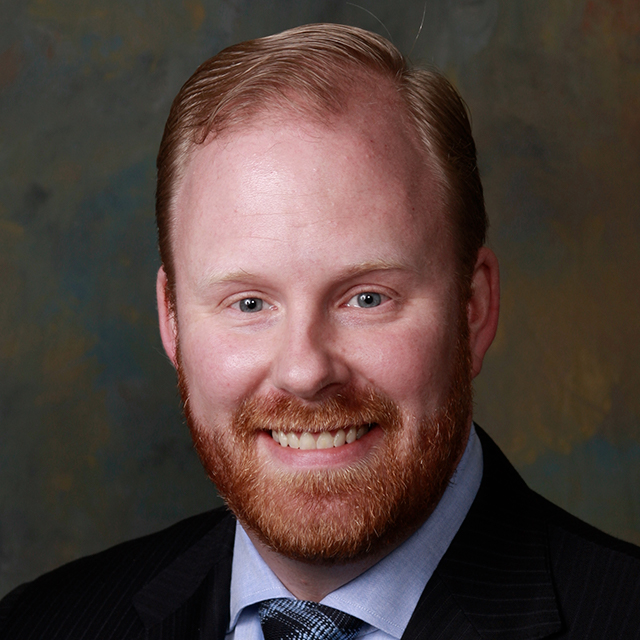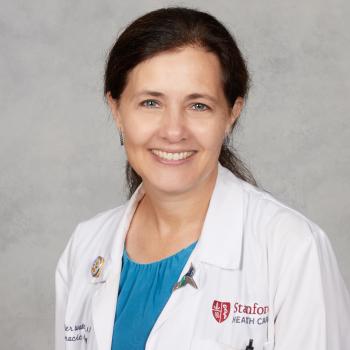Foundation expands its research reviewing body to meet strategic research investment objective
NEW YORK, NY (April 30, 2024) – The Lung Cancer Research Foundation (LCRF) has expanded its Scientific Advisory Board (SAB) by five new members. Led by Katerina Politi, PhD, Professor of Pathology and Internal Medicine, Yale School of Medicine, the Scientific Advisory Board’s primary purpose is to review, evaluate and select lung cancer research proposals worthy of financial investment. In addition, members of the SAB provide opinion and guidance on relevant lung cancer data.
“We are honored and delighted to have these exceptional lung cancer experts join our SAB,” commented Dr. Politi. “Advancing the most promising science in lung cancer is of utmost importance to the SAB and we are thrilled to have these leaders committed to fostering lung cancer research join the Board. This expansion is an important step as we work towards meeting our current strategic objective of tripling LCRF’s research investment by the end of 2024 and meeting our future strategic priorities.”
LCRF’s newest members of its Scientific Advisory Board:
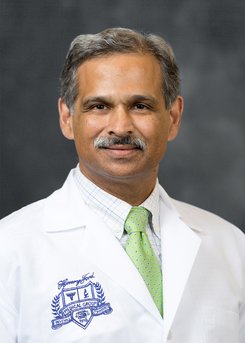
Shirish M. Gadgeel, MD
Chief of Division of Hematology and Oncology,
Associate Director, Henry Ford Cancer Institute/Henry Ford Health
Dr. Shirish Gadgeel is the Chief of Division of Hematology/Oncology at Henry Ford Health. A medical oncologist by training, his area of interest is lung cancer research in general and drug development in lung cancer, in particular. He has conducted and participated in many lung cancer-specific trials and in phase I trials, including investigator-initiated trials based on laboratory research. Dr. Gadgeel has also been a principal investigator of a Southwest Oncology Group trial, S0528, S1507 and NCI protocol 7389 and co-author on major phase III trials ALEX and Keynote 189 which changed the standard of care. He has also engaged in many epidemiologic studies in the field of lung cancer, publishing on features of lung cancer in African Americans and in young patients. He served as the co-leader of the Molecular Therapeutics Program of the Core Cancer Center Grant of Karmanos Cancer Institute before joining University of Michigan and was the site PI for the NO1 grant awarded to the California Cancer Consortium. Subsequently, he was co-leader of the Thoracic Oncology Research Program and the Mary Lou Kennedy Research Professor in Thoracic Oncology at the University of Michigan prior to joining Henry Ford Cancer. Dr. Gadgeel’s clinical research experience spans 20 years. He is a member of the steering Committee of the Lung Cancer Committee of Southwest Oncology Group (SWOG). In addition, he is a member of the Editorial Board of Clinical Lung Cancer and a reviewer for many journals including New England Journal of Medicine, Journal of Clinical Oncology, Lancet Oncology and Journal of Thoracic Oncology. He has served as faculty for the annual meeting of the American Society of Clinical Oncology (ASCO) and as a member of the Education Committee of ASCO, as well as a member of the Career Development Committee of the International Association of Study of Lung Cancer (IASLC). Dr. Gadgeel received the NCI Cancer Clinical Investigator Team Leadership Award in 2012.
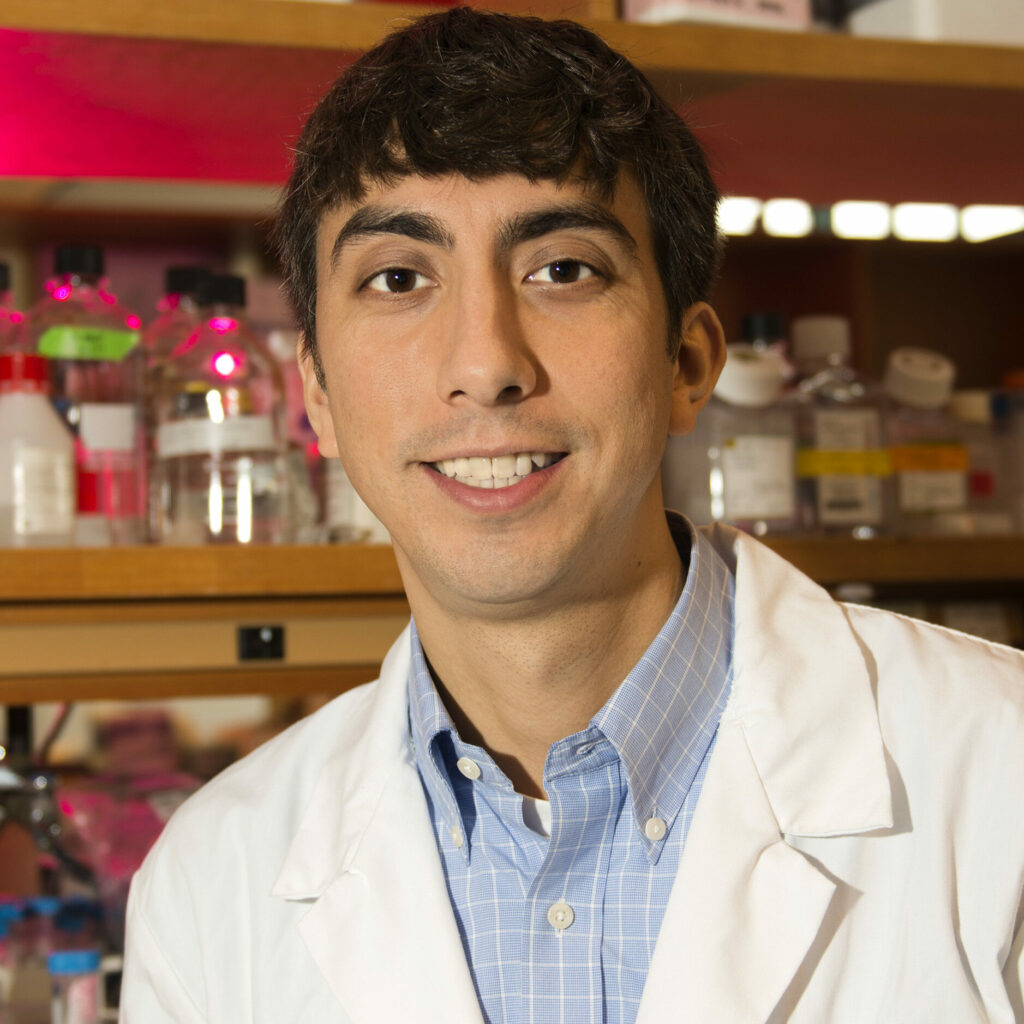
Aaron Hata, MD, PhD
Assistant Professor of Medicine
Massachusetts General Hospital, Harvard Medical School
Dr. Aaron Hata is an Assistant Physician in Hematology-Oncology at Massachusetts General Hospital and Assistant Professor of Medicine at Harvard Medical School. He is Principal Investigator of a translational and basic research laboratory in the MGH Krantz Family Center for Cancer Research. Dr. Hata’s research focuses on understanding mechanisms of drug sensitivity and resistance to targeted therapies for lung cancer. His group has discovered mechanisms of clinical acquired drug resistance in EGFR, ALK, ROS1, RET and KRAS-driven lung cancers, and he has played an instrumental role in the development of novel therapeutic approaches for overcoming drug resistance. His research has also yielded important insights into how tumor cells persist and evolve during therapy. Dr. Hata received his MD and Ph.D. degrees from Vanderbilt University and completed an Internal Medicine residency at Brigham and Women’s Hospital and Medical Oncology fellowship at Dana Farber Cancer Institute and Massachusetts General Hospital. Dr. Hata is also an Associate Member of the Broad Institute of Harvard and MIT, an Investigator in the Ludwig Center of Harvard, and a member of the Dana Farber Harvard Cancer Center Lung Cancer SPORE. In 2023, he was elected to the American Society for Clinical Investigation. Dr. Hata is also a 2012 grant recipient of LCRF’s legacy organization, United Against Lung Cancer (UALC).
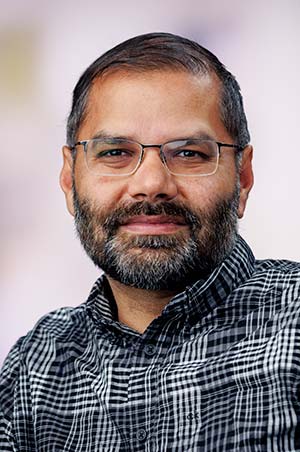
David MacPherson, PhD
Professor, Human Biology Division
Fred Hutchinson Cancer Center
Dr. David MacPherson’s lab applies genomic approaches and in vivo models to understand the molecular underpinnings of small cell lung cancer (SCLC). His lab studies patient tumor samples and employs genetically engineered mouse (GEM) models as well as patient-derived xenograft (PDX) models in their interrogation of genes that drive SCLC initiation and progression. They also employ GEM and PDX models in efforts to understand and improve responses to novel and to standard therapies, with an eye towards clinical translation. Dr. MacPherson co-leads the Fred Hutch Cancer Center Lung Program, and he co-leads a Lung Cancer NIH SPORE project focused on inhibition of the LSD1 demethylase in SCLC and translation of this therapeutic approach to the clinic. He is a member of the SWOG Lung Committee and member of the Gene Regulation in Cancer NIH Study Section. Dr. MacPherson is also an Affiliate Associate Professor in the Department of Genome Sciences at the University of Washington. He is committed to training and teaches an introductory graduate course, MCB539, The Biology of Neoplasia.
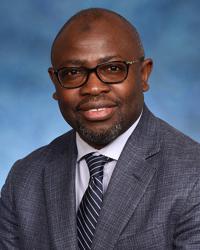
Taofeek Owonikoko, MD, PhD
Marlene and Stewart Greenebaum Professor in Oncology & Executive Director
University of Maryland Greenebaum Comprehensive Cancer Center
Taofeek K. Owonikoko, MD, PhD, is the Marlene and Stewart Greenebaum Professor in Oncology at the University of Maryland School of Medicine and the Executive Director of the University of Maryland Marlene and Stewart Greenebaum Comprehensive Cancer Center at the University of Maryland Medical Center. He also holds the role of Senior Associate Dean of Cancer Programs at the School of Medicine and the Associate Vice President of Cancer Programs at the University of Maryland, Baltimore. A translational physician-scientist, board-certified in Medical Oncology, Hematology, and Internal Medicine, he has a clinical focus on the management of patients with lung cancer. His research interests span the spectrum of preclinical experimental therapeutics, biomarker discovery, and translation of promising laboratory findings into lung cancer clinical trials.
He is currently an elected member of the Board of the American Society of Clinical Oncology (ASCO) and the Treasurer-Elect of ASCO. He serves as an Editorial Board Member for several highly regarded academic journals including Cancer, Journal of Thoracic Disease, and Translational Lung Cancer Research. Dr. Owonikoko is a member of the American College of Physicians, American Society for Hematology, the Society for Immunotherapy of Cancer, and the International Association for the Study of Lung Cancer. Lastly, he has been an NIH Study Section Member for the past 11 years and is a chartered member for the NIH Clinical Oncology Study section.
Dr. Owonikoko has authored/co-authored more than 250 peer-reviewed original manuscripts including reports of original research in leading journals such as the New England Journal of Medicine, Lancet, Cell, Science, Nature, JCO, Lancet Oncology, Cancer Discovery, and Cancer Cell. His work has been broadly cited with more than 50,000 citations and an h-index of 85. He has received peer-reviewed extramural grant funding in support of his research from the US National Institutes of Health, Department of Defense, private foundations, and pharmaceutical partners.
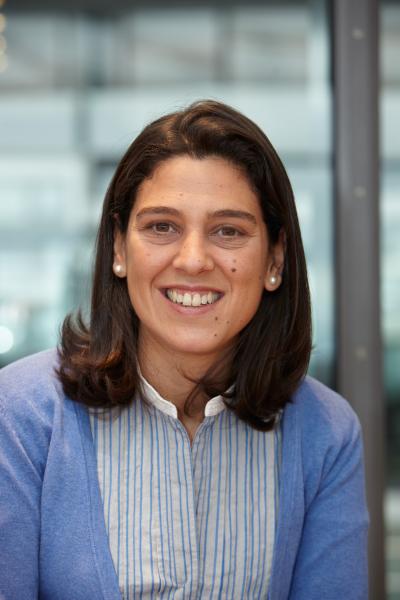
Rocio Sotillo, PhD
Professor, Faculty of Medicine, Heidelberg University
Head of the Division of Molecular Thoracic Oncology
German Cancer Research Center, DKFZ
Dr. Rocio Sotillo, a Pharmacist from the University San Pablo-CEU in Madrid, made significant contributions to cancer research during her Thesis at the Spanish National Cancer Center (CNIO) and her postdoc at Memorial Sloan Kettering Cancer Center. Her work illuminated the roles of cyclin dependent kinases and mitotic checkpoints in tumor development.
In 2010, she established her lab at the EMBL-Mouse Biology Unit in Italy, funded by the Howard Hughes Medical Institute (HHMI) and the European Research Council (ERC). In 2015, she became a full Professor at the German Cancer Research Center, focusing on understanding the mechanisms that drive lung and breast cancer development, progression, and therapy response. Her recent achievements include developing unique mouse models to induce different oncogenes in somatic lung epithelial cells in vivo using CRISPR/Cas9 that will serve as preclinical models to study the most efficient combinational therapies in lung cancer. Dr. Sotillo is a 2009 grant recipient from LCRF’s legacy organization, United Against Lung Cancer (UALC.)
# # #
About the Lung Cancer Research Foundation (LCRF)
The Lung Cancer Research Foundation® (LCRF) is the leading nonprofit organization focused on funding innovative, high-reward research with the potential to extend survival and improve quality of life for people with lung cancer. LCRF’s mission is to improve lung cancer outcomes by funding research for the prevention, diagnosis, treatment, and cure of lung cancer. To date, LCRF has funded 419 research grants, totaling nearly $44 million, the highest amount provided by a nonprofit organization dedicated to funding lung cancer research. For more information about the LCRF grant program and funding opportunities, visit LCRF.org/research.
